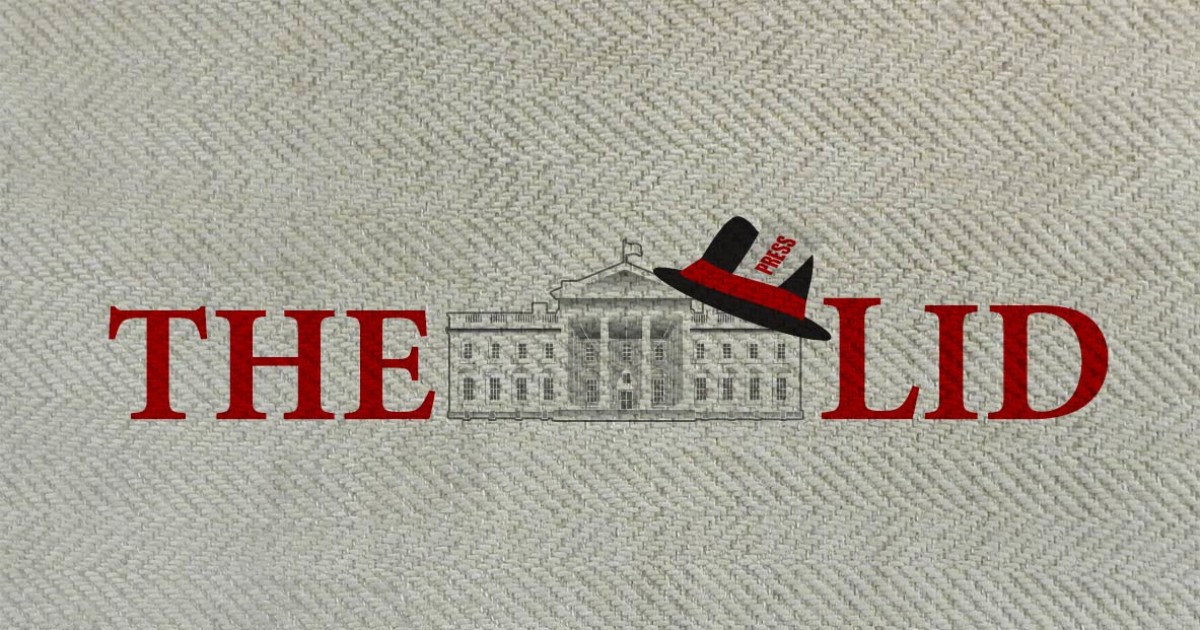Guest Post by Gary DeMar
The Democrat Party is being led by an obscure Communist named Antonio Gramsci. The full implications of a socialistic worldview cannot be ascertained in a country dominated to some extent by capitalism. Socialists, like their kissing cousins the Communists, are thieves. They live off the capital of others. When the capital runs out, they are left with Cuba and North Korea.
Socialists are like termites. They are indiscriminate in their choice of wood to satisfy their voracious appetites. By the time you recognize that termites have invaded your house, it’s often too late. Termites leave the form of the piece of wood they consume by only chewing out the heart.
Socialism and Marxism can be compared to termite infestation. The forms of freedom are left intact so the underground work can be done unnoticed. Those who see the remaining forms have no idea what is going on inside. Socialism steadily extracts the nourishment from a society by continually eating away its host.
Rulers gain and maintain popular support through the tactic of taxing and spending in the name of the people. In short, by promising the voting public a share of the government’s confiscated revenue, the rulers are able to “purchase” the votes they need to stay in power. Because a significant number of people receive benefits larger than their “contributions,” that is, larger than what they pay in taxes, they continue to keep a ruling elite in power.
While socialism does its destructive work at the economic level, other termites work on the cultural side of life. Antonio Gramsci (1860-1937), co‑founder of the Italian Communist Party, was a cultural termite extraordanaire. While most know of Marx, Lenin, and Stalin, few have heard of Gramsci.
What was essential for Gramsci, as reported by Malachi Martin in The Keys of this Blood, “was to Marxize the inner man. Only when that was done could you successfully dangle the utopia of the ‘Workers Paradise’ before his eyes, to be accepted in a peaceful and humanly agreeable manner, without revolution and violence or blood shed” (248).

When it came to tactics, Gramsci broke from orthodox Marxism. While he remained a committed Marxist all of his life, he believed that a different method was needed to capture the Christian West.
What did Gramsci perceive to be his greatest obstacle in advancing Marxism? “As a realist, Gramsci knew he was knocking his Marxist head against the bulwark of Christian culture, which pointed unceasingly to something beyond man and outside man’s material cosmos” (224).
While Gramsci never saw his vision realize, he understood how the “Christian bulwark could be and would be undone; and it had nothing to do with violent revolution and the universal uprising of the proletariat” (224).
Pluralism would have to be defended, Gramsci taught. “Marxists must join with women, with the poor, with those who find certain civil laws oppressive” (250). The new Marxist “needed to alter . . . the Christian mind . . . to turn it into its opposite in all its details . . . so that it would become not merely a non‑Christian mind but an anti‑Christian mind” (250).
This meant getting individuals and groups in every class and station of life to think about life’s problems without reference to Christianity and the laws of God. Sound familiar?
This process was to be done by quiet and anonymous revolution. “Everything must be done in the name of man’s dignity and rights, and in the name of his autonomy and freedom from outside restraint. From the claims and constraints of Christianity, above all” (251).
Gramsci’s methods are alive and well in the Democrat Party and much of Congress. Are Bernie and Hillary simply “useful idiots” or are they loyal followers of Gramsci and his innovative ideas? While a great deal of attention has been given to Saul Alinsky, who was more of a tactician, the more impacting ideologue who has influenced modern-day economic and social theory is Gramsci.
“It was also obvious that such goals, like most of Gramsci’s blueprint, had to be pursued by means of a quiet and anonymous revolution. No armed and bloody uprisings would do it. No bellicose confrontations would win the day. Rather, everything must be done in the name of man’s dignity and rights, and in the name of his autonomy and freedom. From the claims and constraints of Christianity, above all” (251).
Gramsci’s strategy is taught in every major university in the United States and most likely neither the professors nor the students know it. It is the worldview of nearly every Democrat candidate.
Cross-posted from Constitution.com






